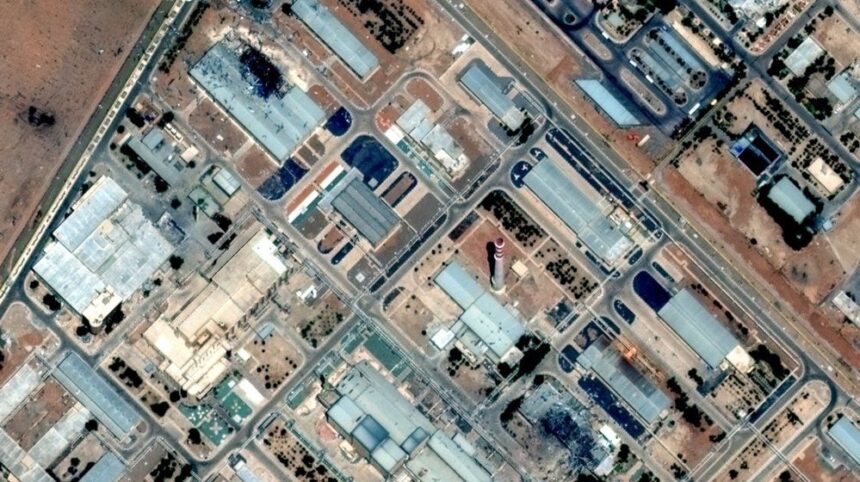As the Israel-Iran conflict intensifies, a critical question looms: Can a military strike on the underground Fordow uranium enrichment complex permanently disable Iran’s nuclear program? Speculation is rampant, especially given that key components of Iran’s nuclear infrastructure are buried deep underground.
Fordow: A Challenging Target for “Bunker Busters”
The Fordow Fuel Enrichment Plant, located in a mountainous tunnel complex south of Tehran, was revealed in 2009. While Iran initially claimed its nuclear program was peaceful, the facility’s size and configuration raised international concerns. Following the U.S. withdrawal from the nuclear deal (JCPOA), Iran escalated its program, and Fordow is now producing uranium enriched to 60%, a significant step toward weapons-grade material.
Experts believe Fordow is crucial because it could enable Iran to reach 90% enrichment for weapons-grade uranium. There’s also concern that Fordow may be a storage or transfer site for already enriched uranium.
While Israel reportedly managed to hit an underground enrichment facility at Natanz using “bunker buster” bombs (like the U.S.-made 900 kg bombs), Fordow presents a much tougher challenge due to its deep underground location. This has led to speculation about the GBU-57 A/B Massive Ordnance Penetrator (MOP), a 13,600 kg bomb in the U.S. military’s arsenal designed to destroy deeply buried and hardened targets. However, only the B-2 Spirit bomber can deploy the MOP, and direct U.S. involvement in a bombing campaign against Iran remains hypothetical.
Limitations of Strikes and Ethical Dilemmas
It’s crucial to consider the destructive power of such weaponry and its ethical implications. The Israeli military has faced international criticism for using heavy bombs in densely populated areas of Gaza, which human rights advocates have condemned as indiscriminate and disproportionate. While Fordow isn’t in a populated area, destroying such a facility carries its own risks and ethical questions.
Furthermore, a successful strike on Fordow may not necessarily permanently disable Iran’s nuclear program. It’s unclear if Iran’s stockpile of 60% enriched uranium (604 kg), sufficient for multiple nuclear bombs, has been destroyed. This stockpile is transportable and would likely have been hidden if Israeli bombing plans became apparent.
In essence, while destroying the bunker would make headlines, high-profile strikes might not deliver the expected results of completely dismantling Iran’s nuclear program.







